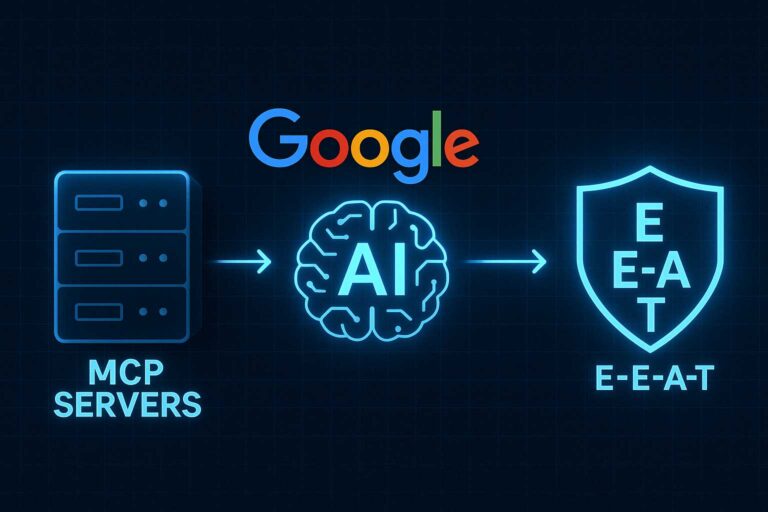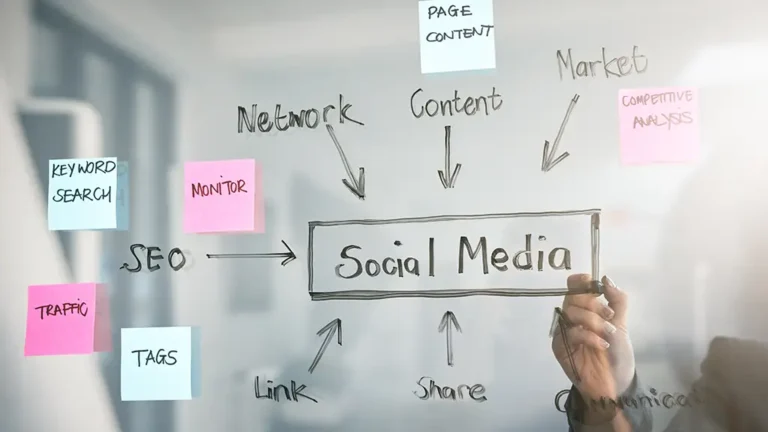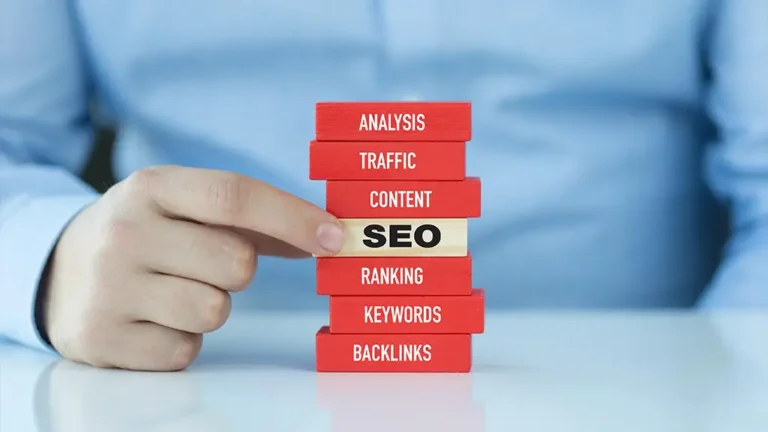The Deadly Sins of SEO: Over-Optimization of the Anchor Text
Note: This is part 1 of our “Deadly Sins of SEO Series”
When a new Google algorithm update gets unleashed unto the public, search marketers tend to cringe in fear. A great deal of SEOs have been hammered by updates that crushed their rankings. Rankings that may have taken months, or even years, to attain have been felled in one quick update. Small businesses that depended on these ranking felt these updates pretty hard. When you’re high on the first page and then you get knocked down to the 20’s, the 50’s or even the 100’s, it is going to hurt your revenue. It’s understandable that these SEOs start to sweat when there’s an algorithm change. When a Google update knocks them down, it’s like they are watching their money burst into flames.
SEO, if you think about it, is mostly manipulation of Google ranking factors, signals and rules. Even if the tactics that you use to rank are 100% “white hat” and clean, Google can decide to tweak their algorithm tomorrow, so that these “natural” methods are deemed dissatisfactory. There is always a chance, however small, to get penalized. It’s just the reality of the game.
That being said, if SEOs know what to avoid, they stand a much better chance of surviving any algorithm shakeups or penalties. The SEO landscape has changed dramatically from what it was a mere five years ago, and there are ways to almost certainly get penalized in the SERPS. This series, “The Deadly Sins of SEO”, directly deals with what to avoid when trying to rank in the search engines.
1st Deadly Sin: Over-Optimization of the Anchor Text
For those who don’t know, the anchor text is the actual words within a link. These links, of course, are outbound links that go to another web page. Here are some examples of what would be generic anchor text:
- “Click Here”
- “Find out more”
- “Learn More”
- “Go to this page”
Those are run-of-the-mill examples of generic anchor text. They are linking to somewhere on the net, whether it is internally on their own site, or externally on another website.
Anchor text is absolutely crucial when it comes to backlinks. The anchor text basically informs Google what the page you are linking to is about. It’s telling Google about the relevancy of that page.
As an example, let’s say that you’re a restaurant in Scranton, PA. Let’s say that you have sites linking to your site. And let’s say that these backlinks that you’re receiving have anchor text like this:
- “Best restaurant in Scranton, PA”
- “Scranton PA restaurant”
- “Italian restaurant Scranton”
- “Best Italian restaurant in Scranton Pennsylvania”
All of the above example anchor texts are good keywords if you’re trying to rank locally. Since those anchor texts are keywords that you are trying to rank for, they would be considered “optimized”.
The Penguin update that changed the game
Before 2012, over-optimizing your anchor text worked like gangbusters. Meaning, if most of your anchor text was 100% exact-matches of the keywords that you were targeting, you would probably be doing pretty well.
This is because Google used to view anchor text as an ultimate factor in relevancy. If you had a lot of backlinks with the same type of keyword-targeted anchors, Google viewed your site as incredibly relevant and valuable, and they would reward that site with high rankings.
Everything changed with the Penguin 1.0 update in 2012. It was obvious that search marketers were falsely inflating their relevancy by over-optimizing their anchor text. Heavy duty SEO campaigns that depended their success on anchor text exploitation were crushed almost overnight, even if they were raking in millions of dollars in revenue from their SEO. Many businesses and marketers fell hard.
Now, instead of anchor text being the ultimate indicator of relevancy, it has become Google’s way to know if you are artificially trying to boost your rankings.
All of this isn’t to say that anchor text is longer a viable tool in enhancing your rankings. No, what this all means is that you have to approach your anchor text optimization totally different.
How to use anchor text to your advantage
If you were building links back in the day, then you would know that whoever would build a high amount of links with over-optimized anchors would get rewarded with great rankings. That’s obviously not the case today.
Google is searching for naturalness. They want to see you ranking organically. Blatantly over-optimizing your anchors will do you no good.
However, anchor text can still help to boost your position in the SERPS. Just don’t overdo it.
Your anchor text should have variety and should look natural. In Google’s eyes, naturalness means that your webpage is highly relevant and valuable. Google is not looking to for SEOs to build backlinks and boost rankings, they want websites to rank as organically as possible.
Knowing this, you should still include keywords in your anchor text, but you will need to modify them.
If the keyword is “Best restaurant in Scranton”, you should add some words to the keyword to make it long-tail. The anchor text could be “Here’s more info about the best restaurant in the Scranton area”. You can modifications like this for the keywords that you are trying to target.
Don’t just have keywords as your anchors. Incorporate generic anchors that have no relation to your keywords. Use what’s called “naked link” anchor text. A naked link is basically just the url of the web page that is being linked to.
Variety like this makes your anchor text look organic in Google’s eyes, and will serve to help you rank for the keywords that you are targeting.
If you’ve read this article and noticed some over-optimization on your own sites, make modifications; if you haven’t even begun your SEO campaign, then get started on the right foot.

















